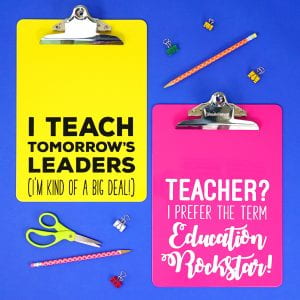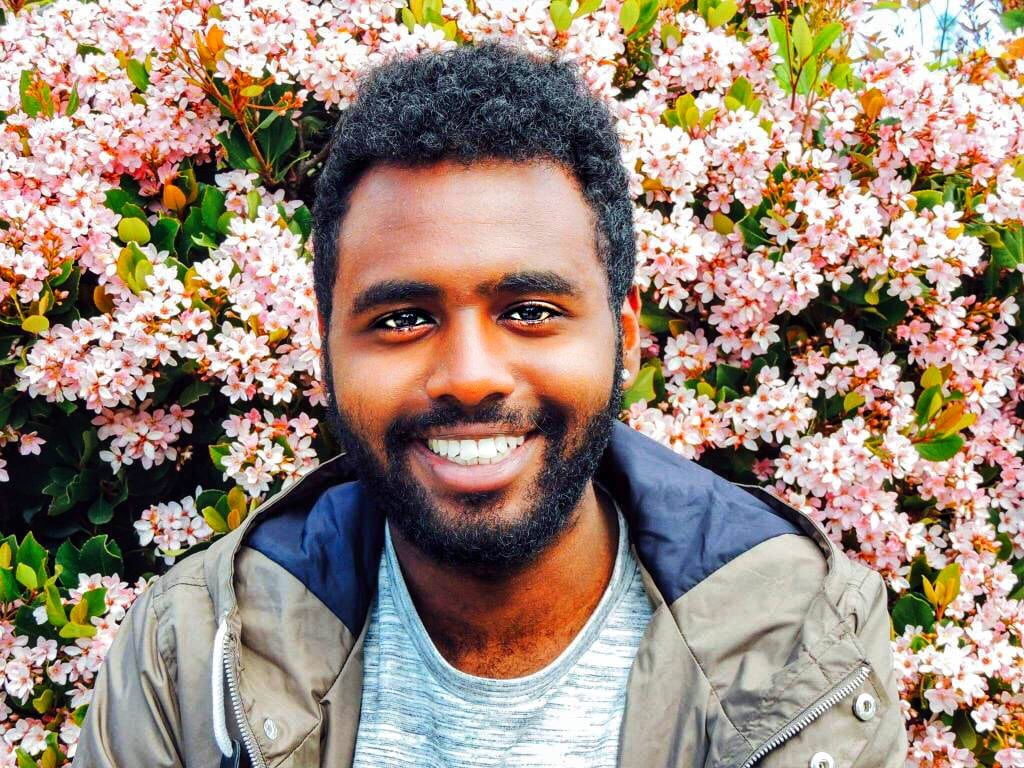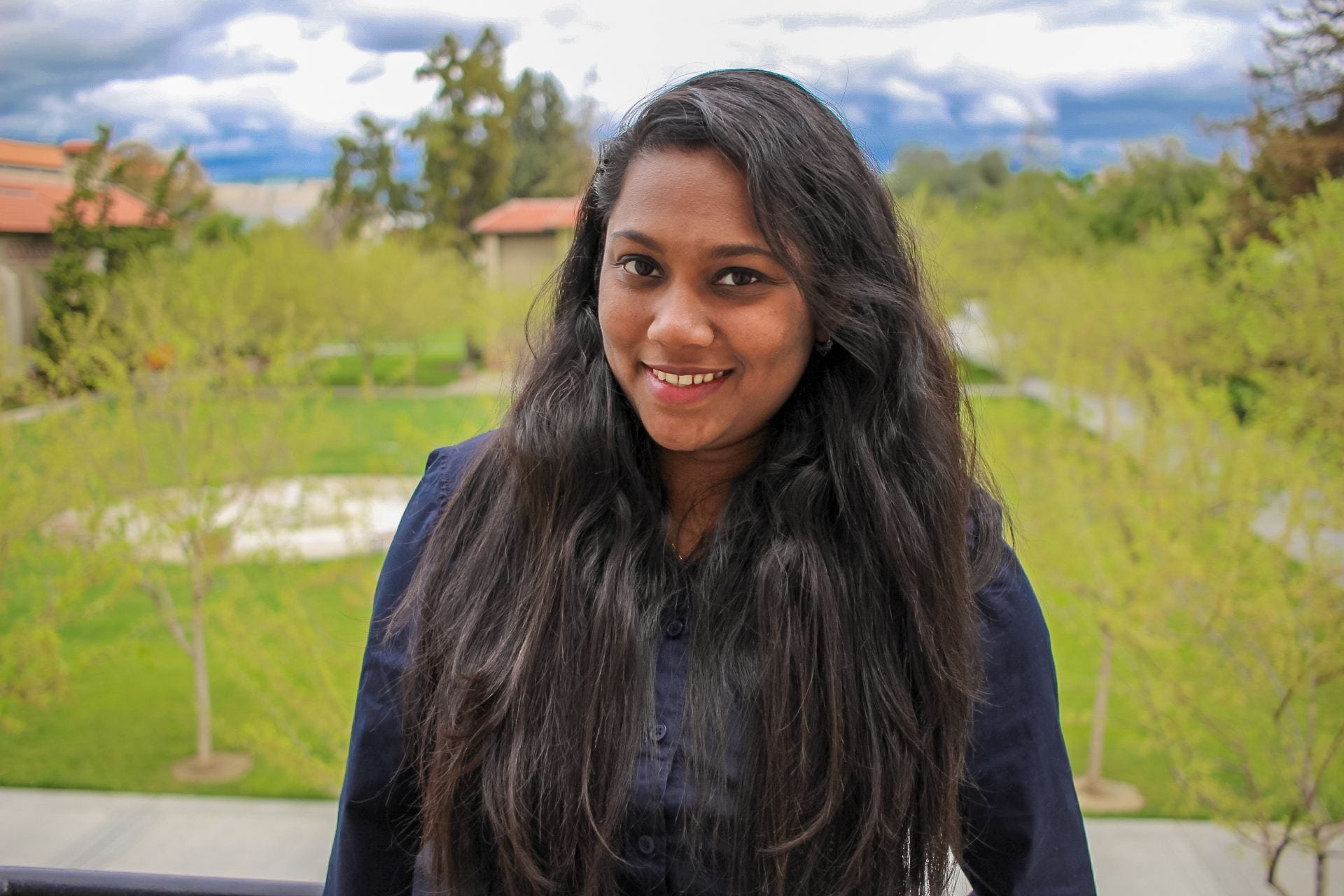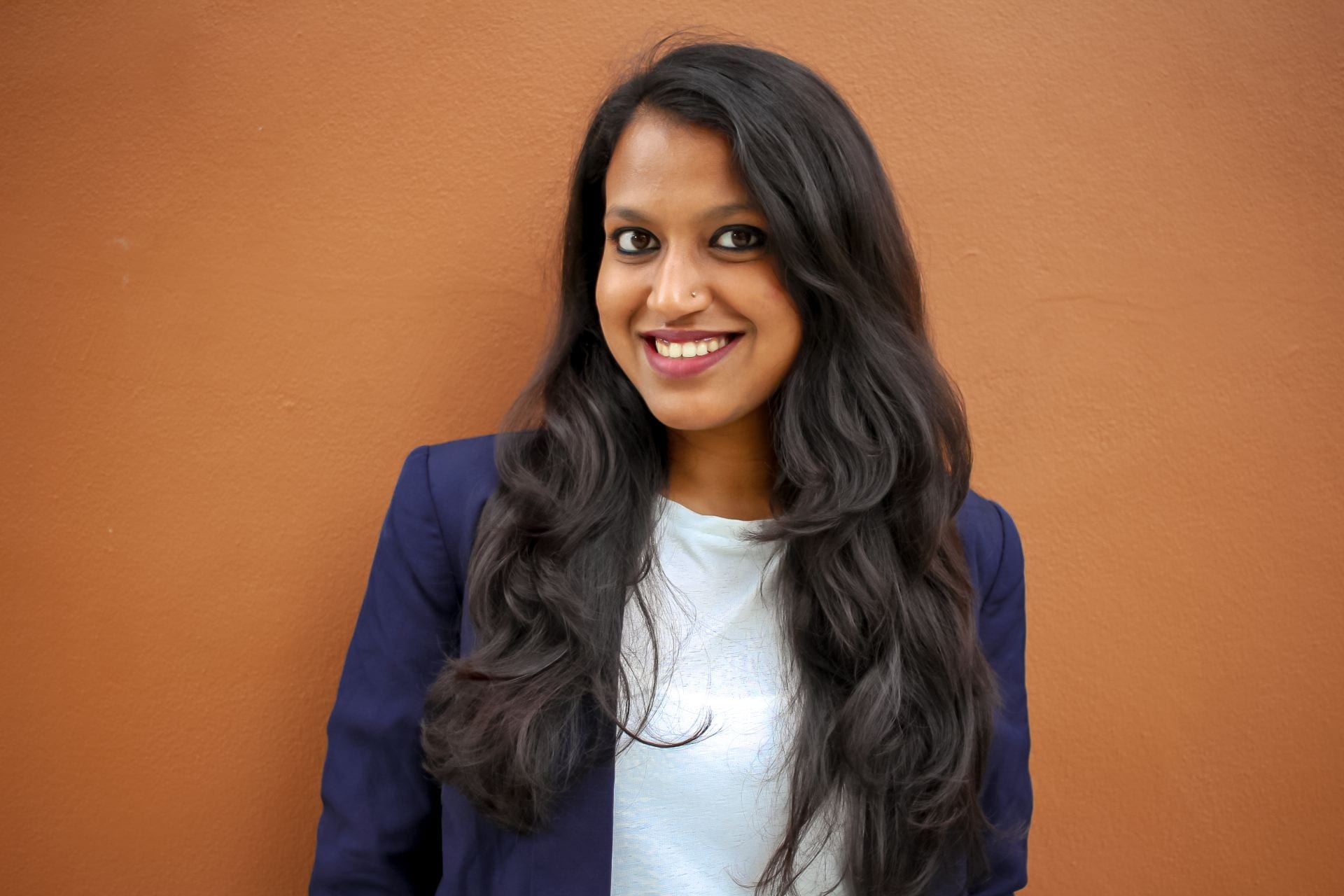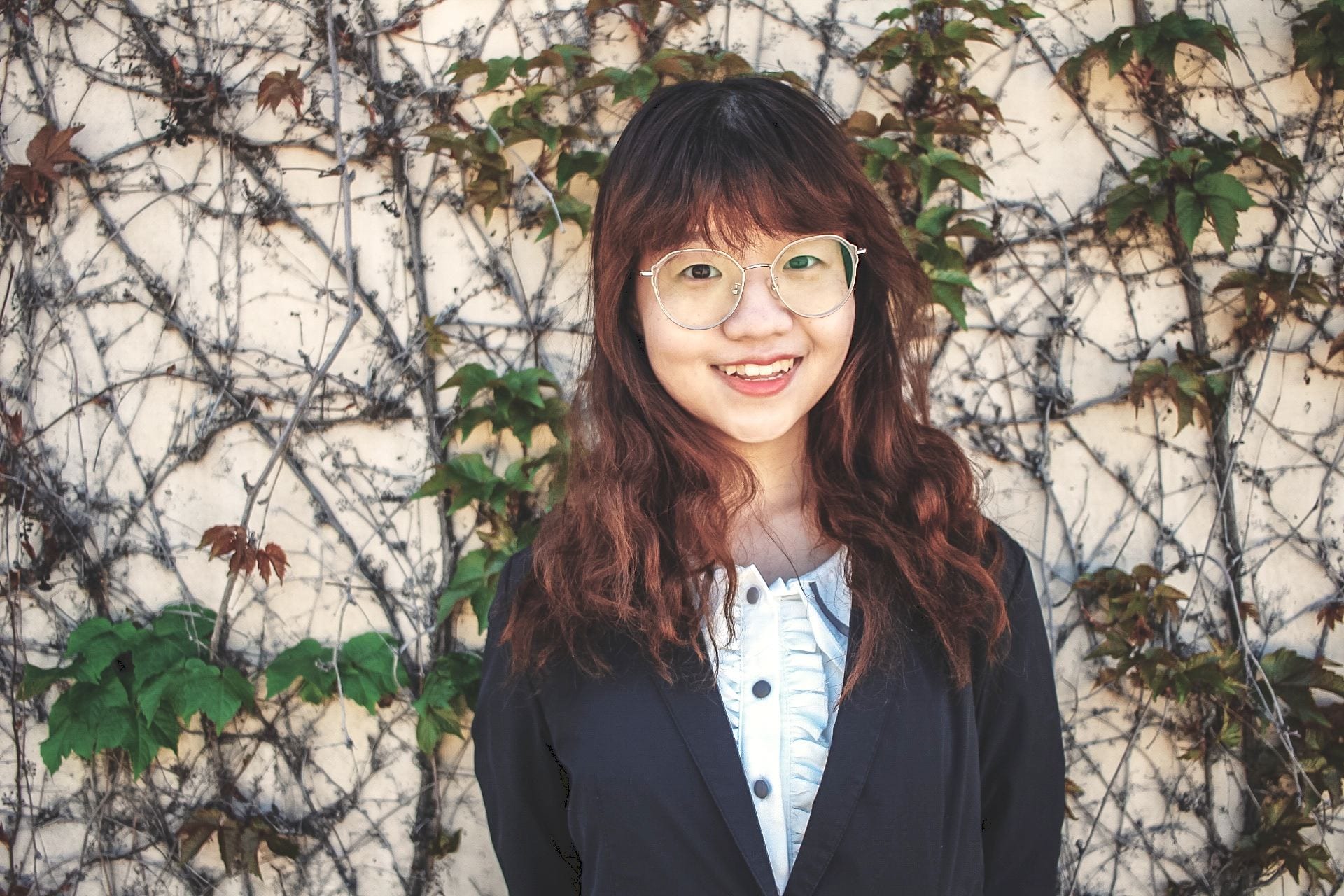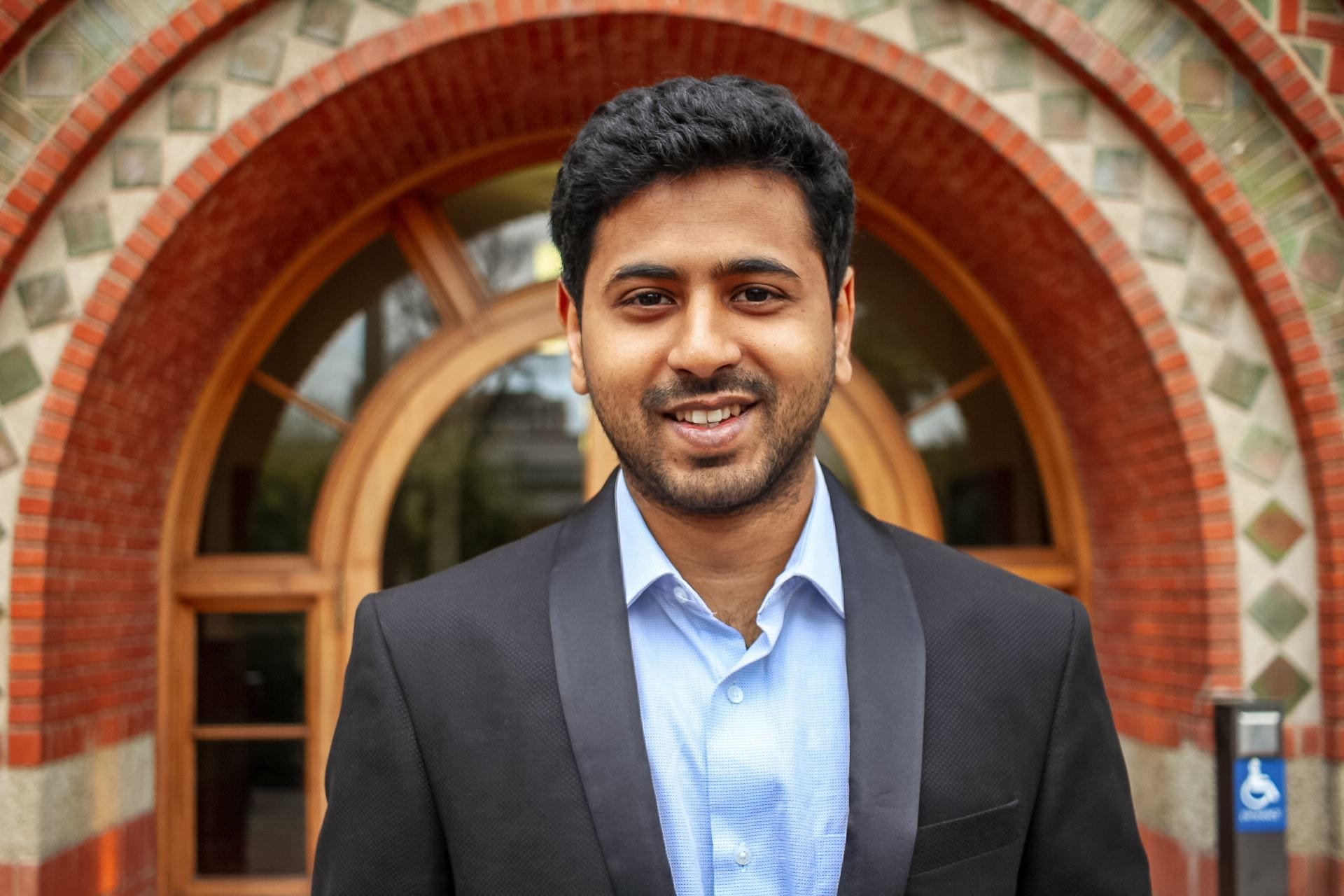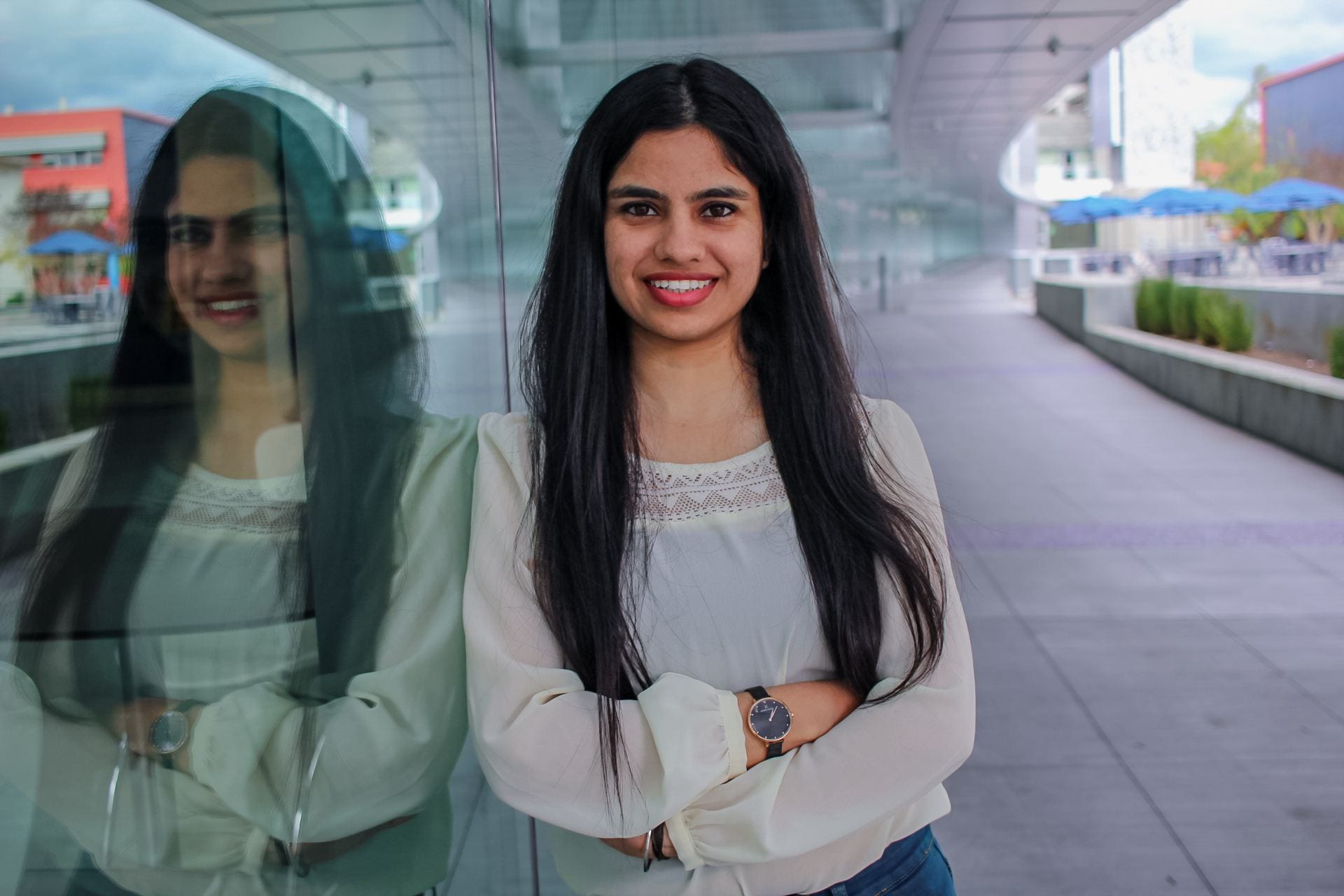On the heels of my last post about Open Digital Pedagogy & FERPA and in line with a previous post, Live-Tweeting as Public Engagement, I would like to conclude my semester of guest-blogging for eCampus with a turn towards a summer read:
Generous Thinking: A Radical Approach to Saving the University by Kathleen Fitzpatrick (@kfitz on Twitter).
Fitzpatrick’s previous book, Planned Obsolescence: Publishing, Technology and the Future of the Academy, was built on her earlier blog of the same name, a blog that established not only a public representation of her work, but also a community of early academic bloggers who were struggling with the same ideas. With Generous Thinking, Fitzpatrick implores academia to expand outwards, to work in public, to work with the Public. And, for us, that means modeling this for our students in addition to bringing them along for the ride through our research, teaching them through active learning engagement, and articulating the value of education as more than a vocation.
Fitzpatrick queries:
“So it’s important for us to ask ourselves: Do we understand the people who are not on campus to be an audience–a passive group that merely takes in information that the university provides? Do we understand them to be a public, a self-activated and actualized group capable not only of participating in multidirectional exchanges both with the university and among its members, but also of acting on its own behalf? Or even more, do we consider them to be a complex collection of communities–not just groups who interact with one another and with us, but groups of which we are in fact a part? How can we shape this understanding in a way that might begin to create a richer, more interactive, more generous sense not just of ‘them’ but of the larger ‘us’ that we together form?” (8)
As we embark upon graduation season and watch many of our students ascend the stage, shake hands with various truly proud and enthusiastic representatives of SJSU, look out into the wide crowd of cheers, accept that marker of their success, and proceed out into the world — have we given them the intellectual understandings to do the very thing that Fitzpatrick is asking of us in academia?
Those of you who have been participating in the eCampus professional development seminars, sessions, and lunch n’learn over the past year are taking up this challenge to teach through active learning strategies in such a way that students become life-long learners and the leaders within this larger community of “us” that Fitzpatrick implores us to embrace.
All of this community building is situated within values — what do we value in a master’s granting public university? What do you value?
I’ve learned a lot about my colleagues and shared values over my career here at SJSU, but what I didn’t realize is that we don’t all need to share the same values. We do, however, need to work towards respecting each other’s values. That point came clearly from Dr. Beronda Montgomery (“Mapping a Mentoring Roadmap and Developing a Supportive Network Strategic Career Advancement”), who I met at the HumetricsHSS workshop back in October 2017. Dr. Montgomery’s plant metaphors (see “From Deficits to Possibilities: Mentoring Lessons from Plants on Cultivating Individual Growth through Environmental Assessment and Optimization“) articulated the way in which I’ve been governing my career. At that workshop, groups were tasked with creating a set of values for “measuring” Humanities work. My group took Dr. Montgomery’s mentoring analogies to heart and created a plant that grows with the sun:
We struggled to articulate this messy non-linear visualization of values, but in the end, determined that they were all intertwined and propelled by “public good” — the very value that is the foundation of our state-funded, public university.
With all of the recent outcries about education failing our next generations, I counter with the recognition that on Monday mornings, people are busy searching the Internet to discuss plot development, character assassination, CGI dragons, Medieval tortures, monarchies, wartime strategies, and an 8-year long epic drama. Or, the excitement over the most recent solar eclipse witnessed with special glasses here in San Jose. Or the ethical dilemma with uses of machine learning and artificial intelligence. Or, the study of California’s devastating wild fires. All of this is discussed and studied here, on our campus. We are creating these conversations among faculty, among students, among the Public by the very virtue of being a public university graduating under-served communities, first-generation college students, among several other valuable and valued communities.
I’m a little far afield from digital pedagogy today in this final post. But, our pedagogical strategies rely upon our values and our passion in continuing to teach at this public institution. Digital pedagogy, flipped classrooms, active learning, high impact practices all allow for an inquisitive fascination with the evolution of the world.
“By finding ways to connect with readers and writers beyond our usual circles of experts, in a range of different registers, and in ways that move beyond enabling them to listen to us to instead allow for meaningful dialogue and collaboration, we can create the possibilities for far more substantial public participations in and engagement with a wide range of kinds of academic work” (135).
As we work publicly through all of these pedagogical practices, we model for our students how to engender this “larger ‘us’ that we together form.” Join me in congratulating them this week for their successful navigation of higher education and their continuing journey as that “larger ‘us.'”


